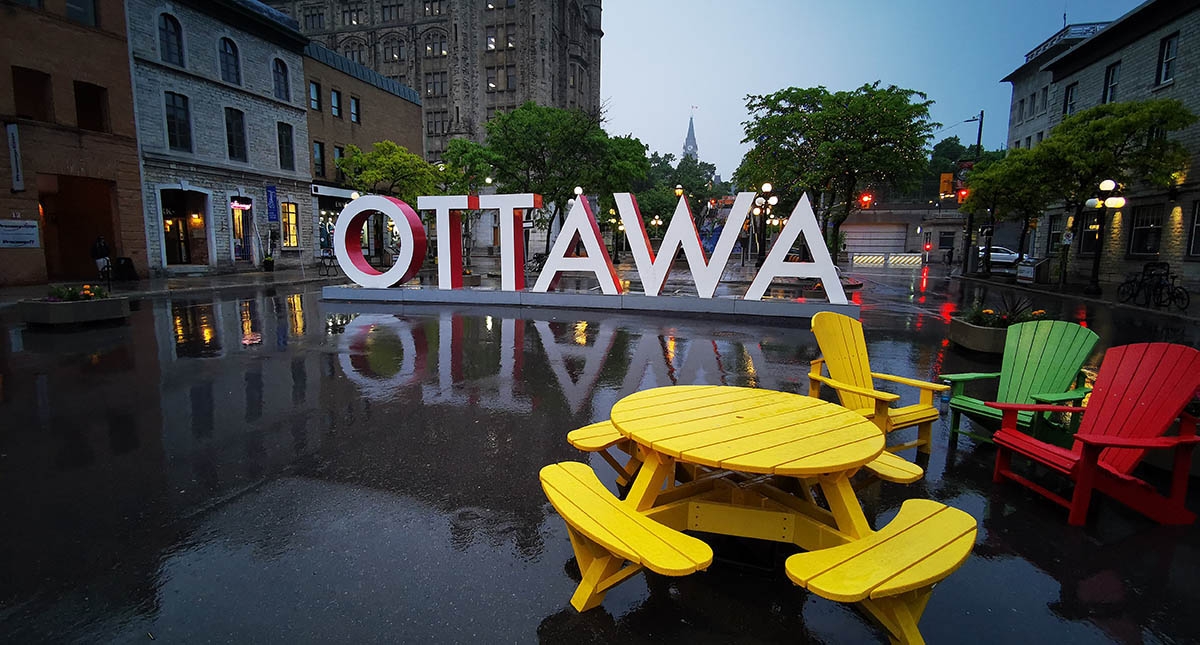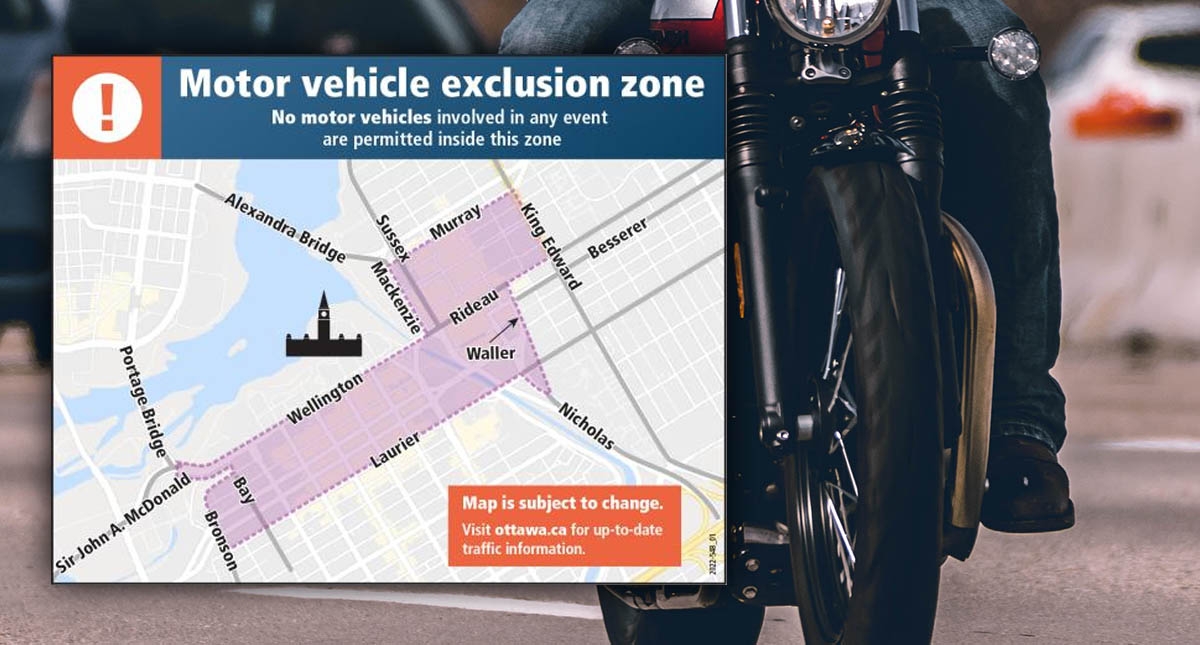
Corporate and Finance Committee Approves Funding for Nightlife Comissioner Office
Photo: OLM Staff
World-class in its museums and unique internationally for the magnificent nature in the national capital region, it is fair to wager that few capitals cities are as close to ski hills, scenic lakes, and country getaways as our humble capital, but Ottawa has forever been known as the town where fun goes to die.
A recent City of Ottawa Finance and Audit Committee memo showed that only $1.5 billion of spending was attributed to the nightlife sector, compared to $5.5 billion during the daytime.
A weekend jaunt to Toronto or Montreal will reveal the utter lack of nightlife in our nation’s capital. The city has come a long way from the mid-80s when the downtown sidewalks were rolled up and tucked away for the night, but Ottawa’s nightlife is relatively quiet compared to other G7 capitals like London, Berlin, and, say, Tokyo.
Mayor Mark Suttcliffe is aware of the economic impacts of the lack of nightlife and is taking steps to tackle it. The new Ottawa Nightlife Economy Action Plan states, "Cities with vibrant nightlife economies differentiate themselves from other places and enjoy improved job creation.”
Nightlife can be divisive and generally attracts complaints about noise and disorderly conduct; therefore, you may think rejuvenating nocturnal activity would be a partisan issue. However, it appears far from it. An overwhelming number of councillors voted in favour of the new strategy.
With the mayor as chair, Orleans-Navan Councillor Catherine Kitts as vice-chair, and the remaining city committee chairs sitting as members, the Finance and Corporate Services Committee is about as politically diverse as Ottawa politics. Focused on revitalizing the city’s economy, the committee has pledged its support for the plan.
Far from being just another investment scheme to attract more spending in restaurants, bars, and clubs, the plan will also focus on the regulatory side by considering “changes to support the nightlife economy through reviews of city by-laws, policies, procedures, and services.”
The plan also includes hiring a Night Commissioner, although the budget for the office has yet to be released. Dubbed the “Night Mayor,” the new hire will be responsible for spicing up the after-work scene in the capital because, as one person put it, “No one looks back on their life and remembers the nights they got plenty of sleep.”
The “Night Mayor” will engage stakeholders in the night economy while coordinating with the city and managing promotion to ensure that tourists, not just Ottawa residents, take advantage of after-dark activities.
The time to do this is right, given the proposed development of Lebreton Flats into a multi-use entertainment destination that will include a new home for the Ottawa Senators — a move that is sure to bring tens of thousands of new visitors each year to the downtown core.
There is a thriving club and bar scene in Ottawa that continues until the very early hours of the morning, but it’s concentrated in the ByWard Market, an area that is increasingly viewed as one of the more dangerous in the city with a less-than-polished exterior due to continued homelessness and addiction issues.
There is also Elgin Street, Lansdowne, and Westboro, yet it would not be controversial to say that the latter gets sleepy by 11 pm as it’s more of a culinary area than a club scene.
Is creating another government position to figure out how to get people to party more in a government town the right solution? We hope so, but it will come down to the person hired for the job. The city will have to choose the perfect night mayor who will adjust bylaws, invest, and promote Ottawa. Just who will that be?
The plan is headed to Council for approval, where it will likely pass. While we wait, OLM will follow up with some great suggestions to help the city make its pick. Stay tuned.








